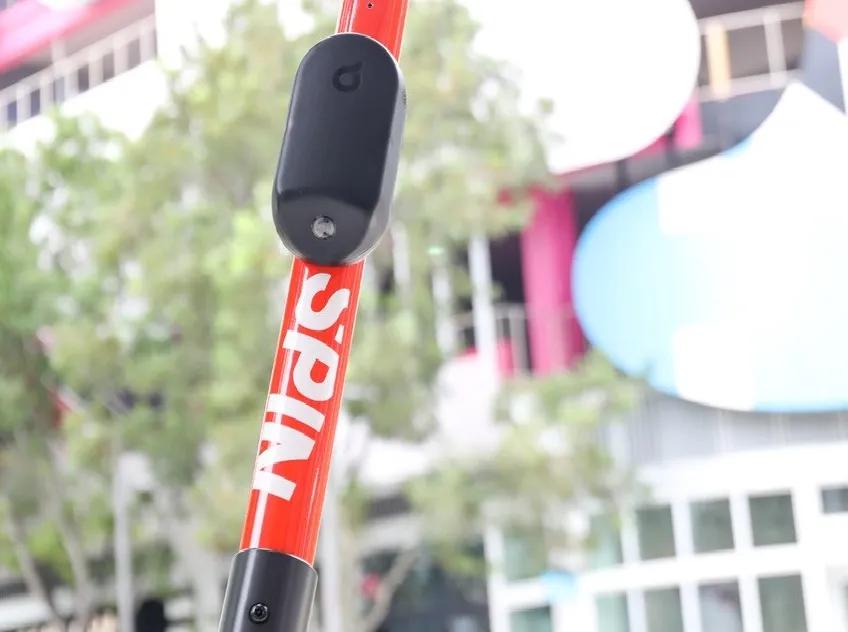
Intel plans to use the acquisition to become a "full-stack" mobility player, boosting its Mobileye automated driving arm, which enables advanced driver-assistance systems (ADAS) deployed on nearly 60 million vehicles.
"The addition of Moovit brings Intel’s Mobileye closer to achieving its plan to become a complete mobility provider, including robotaxi services, which is forecast to be an estimated $160 billion opportunity by 2030," the company said in a statement.
Mobileye’s offering includes mapping and self-driving systems for robotaxis and consumer autonomous vehicles.
Moovit has 800 million users in 3,100 cities across 102 countries and will continue operations under its own brand.
Mobileye will have access to Moovit’s proprietary transportation dataset, which Intel says will allow it "to optimise predictive technologies based on customer demand and traffic patterns".
It will also be able to tap into Moovit’s data on 7,500 transit agencies and operators worldwide.
“Moovit’s massive global user base, proprietary transportation data, global editors community, strong partnerships with key transit and mobility ecosystem partners, and highly skilled team is what makes them a great investment,” said Professor Amnon Shashua, CEO of Mobileye.
Nir Erez, Moovit co-founder and CEO, said: “Mobility is a basic human right, and as cities become more crowded, urban mobility becomes more difficult."
"Combining the daily mobility habits and needs of millions of Moovit users with the state-of-the-art, safe, affordable and eco-friendly transportation enabled by self-driving vehicles, we will be able to make cities better places to live in."










